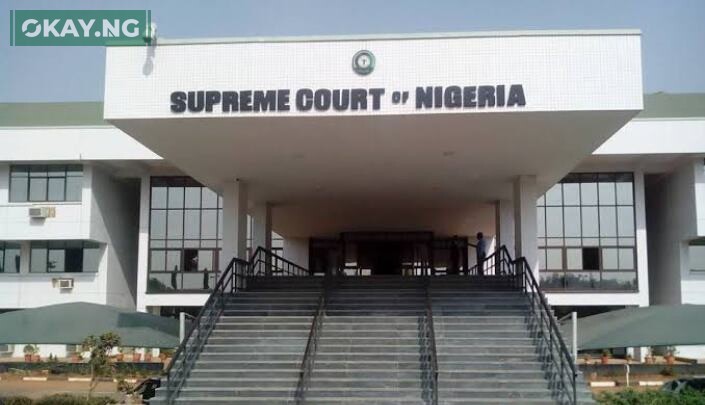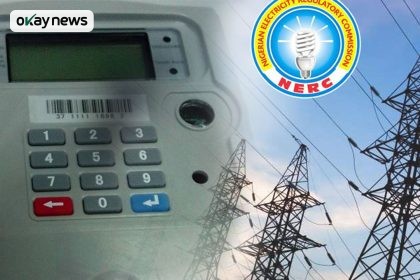Exactly one year after the Supreme Court delivered a landmark judgment granting full financial autonomy to Nigeria’s 774 local government areas (LGAs), the Federal Government continues to channel statutory allocations through state governments, effectively undermining the court’s directive.
The apex court’s July 11, 2024 ruling unequivocally mandated that local governments should receive their allocations directly from the Federation Account, declaring the long-standing practice of routing funds through state governments unconstitutional. This decision was intended to empower grassroots governance by ensuring LGAs had independent control over their finances.
In response, the Federal Government established an inter-agency implementation committee chaired by the Secretary to the Government of the Federation (SGF), with the Attorney General of the Federation (AGF) and the Minister of Finance among its members. The Central Bank of Nigeria (CBN) was also directed to open individual accounts for each local government council to facilitate direct disbursements.
However, findings by okay.ng reveal that, despite these measures, the process remains largely unimplemented. Data from the Federation Account Allocation Committee (FAAC) shows that between July 2024 and June 2025, the sum of N4.5 trillion was allocated to local governments — approximately 24.87% of the total N18 trillion shared among the three tiers of government. Yet, these funds continue to be routed through state governments, breaching the Supreme Court’s ruling.
An official from the Office of the AGF explained, “The Attorney General is not the one in charge of disbursing funds. The implementation committee raised by the Federal Government is chaired by the Secretary to the Government of the Federation. The AGF is just a member there and he is not even the secretary. The Minister of Finance is there.”
Muhammed Abubakar, General Secretary of the Association of Local Governments Employees (ALGON), told okay.ng that the association is awaiting updates from the SGF after documents were submitted to President Bola Tinubu. “The President mandated the SGF and AGF to work on the bottlenecks and concerns raised by the governors,” Abubakar said.
Despite these official efforts, local government chairmen across several states, including Benue and Kano, report that autonomy remains elusive. Yusuf Bello, chairman of the Nigeria Labour Congress (NLC) in Gombe State, lamented, “Does any chairman have the right to touch the money? It’s still pocketed, it’s the same scenario all over the nation.”
In Kwara and Kano States, local government councils have yet to open CBN accounts as directed, further stalling direct funding. A source at Kano’s Ministry for Local Government and Chieftaincy Affairs accused council chairmen and local government employees of delaying account openings for personal gain.
Meanwhile, some states like Adamawa have taken proactive steps. Suleiman Gankuba, ALGON chairman in Adamawa, confirmed that local governments there receive allocations directly, crediting Governor Ahmadu Fintiri’s commitment to autonomy even before the Supreme Court ruling.
Senior Advocates of Nigeria (SANs) have criticized the continued non-compliance. Professor Mike Ozekhome (SAN) called the situation a deliberate circumvention by governors, while Femi Falana (SAN) accused the Federal Government of failing to enforce the ruling. Falana questioned the demand for audited reports from councils that have never directly handled funds.
Professor Itse Sagay (SAN) offered a constitutional perspective, noting that the current law recognizes the State Joint Local Government Account, and that constitutional amendments are necessary for full implementation.
This ongoing impasse highlights the complex interplay between constitutional law, political will, and governance structures in Nigeria, leaving local governments financially constrained despite judicial directives.







